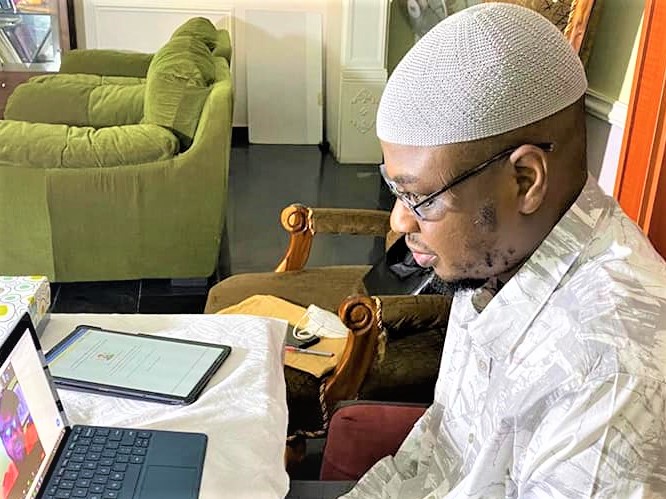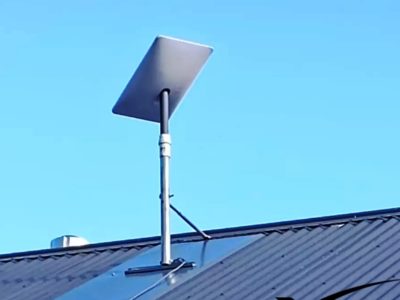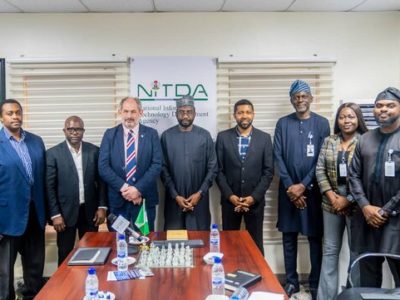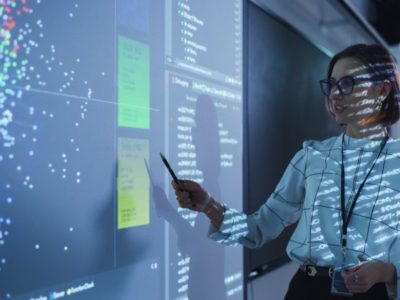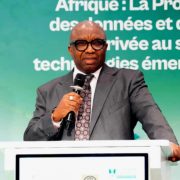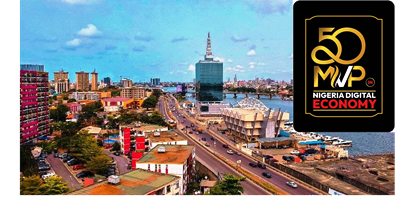By Nwakaego Alajemba
The COVID-19 pandemic has reinforced the need for Nigeria’s economy to become fully digital, Minister of Communications and Digital Economy, Dr Isa Ali Ibrahim Pantami has told an audience of global stakeholders in a recent webinar with the theme: ‘COVID 19: Deploying technology to mitigate the impact of the pandemic.’
With the increasing need to keep the economy kicking and strong as governments all over the world are forced to implement non-physical measures to tame the disease, it became imperative to keep businesses and other sectors going by leveraging technology, said Pantami at the virtual conference as he discussed how to leverage technology to mitigate the impact of the coronavirus disease.
In Nigeria, as is the rest of the world, leveraging technology has become the norm to keep every sector including government viable
His words: “The closure of educational institutions in most states across the country has compelled educators to adopt a digital approach for the delivery of their lectures.
“The work-at-home policy that became popular as a result of the pandemic has led to the use of several remote working platforms, such as the one that this event is running on.
“E-commerce has become the default mode of shopping and digital payments are fast becoming the payment method of choice for most individuals, shops and institutions.”
Pantami’s ministry has successfully managed the virtual meetings of the Federal Executive Council (FEC), the country’s highest decision-making body led by President Muhammadu Buhari.
The FEC only resumed recently after all physical meetings at the Council Chamber inside the Presidential Villa were cancelled more than seven weeks ago. It is now held as a virtual meeting, a novel practice in the country’s history.
According to Pantami, the country’s leadership in its wisdom had the foresight to commit to promoting digital economy as a template for a New Nigeria long before the pandemic became a global challenge.
President Muhammadu Buhari had last November launched the National Digital Economy Policy and Strategy (NDEPS) for a Digital Nigeria. The NDEPS is fostered round 8 pillars, namely: Developmental Regulation; Digital Literacy and Skills; Solid Infrastructure; Service Infrastructure; and Digital Services Development and Promotion, Others are Soft Infrastructure; Digital Society and Emerging Technologies; and Indigenous Content Development and Adoption.
While the pandemic has kept schools under locks, eduvators and policy makers have resorted to using digital technologies to close the gaps, the minister said.
He stressed thus: “The education challenge was envisaged and addressed in NDEPS Pillar (Digital Literacy and Skills) and Pillar 7 (Digital Society and Emerging Technologies). We have enabled about 13,000 Nigerians to get access to training on digital technologies and we are encouraging the private sector to promote e-learning based capacity building.”
Connectivity challenge
Government believes the future of the country rests on digital economy and it envisions to have the connectivity infrastructural needs met through collaborations with the private sector drivers by creating the right environment, added Pantami.
His words: “All these solutions are only possible where adequate connectivity exists. President Muhammadu Buhari launched the National Broadband Plan 2020-2025 on the 19th of March, 2020. The Plan outlines a systematic approach to ensure that 90% of the Nigerian population has access to broadband within the lifetime of the Plan
“As the nation continues its fight against the COVID-19 pandemic, the Federal Ministry of Communications and Digital Economy has a team that is working on the development and implementation of policies that will support Nigeria’s Digital Economy.
“In particular we are implementing the National Digital Economy Policy and Strategy, as well as the National Broadband Plan. Issues like Digital First and a support for a Bi-modal procurement process to accommodate Tech startups are also included in these policies.”


